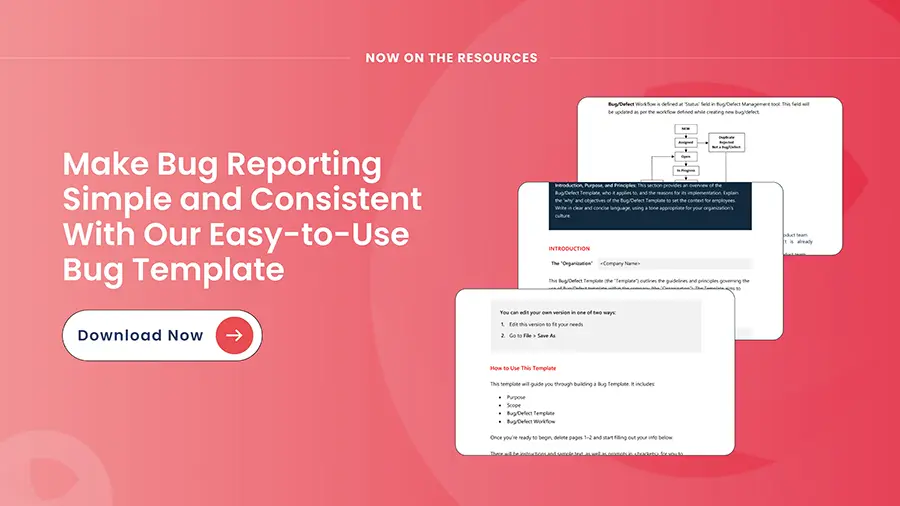APIs (Application Programming Interfaces) are crucial in digital transformation because they allow different systems and applications to communicate and exchange data with each other. This is important in today’s digital world because businesses often rely on a wide range of systems and applications to operate, and APIs make it possible for these different systems and applications to work together and share information.
Here are some examples of how APIs can support digital transformation:
- Integration: APIs make it easy to integrate different systems and applications, which can streamline business processes and improve efficiency.
- Innovation: APIs can be used to expose data and functionality to developers, enabling them to build new applications and services on top of existing systems. This can drive innovation and help organizations stay competitive in a rapidly changing digital landscape.
- Collaboration: APIs can facilitate collaboration between different departments and teams within an organization, as well as with external partners and customers.
- Customer experience: APIs can be used to build custom experiences for customers, such as personalized recommendations or tailored user interfaces.
Overall, APIs play a crucial role in digital transformation by enabling organizations to connect and share data across their systems and applications, and by providing a platform for innovation and collaboration.
The usage of API has been increasing multi-fold, thanks to composable and interoperable systems.
90% of developers are using APIs in some capacity.
– Slashdata’s 19th Developer Economics Survey (2020)
With such extensive usage of APIs across globe, it is important to test APIs frequently and automate API testing.
In this article we are explaining what is API testing, types of API testing and leading tools for API testing.
What is API testing
API testing is a type of software testing that aims to determine whether the APIs of a system meet the expectations for functionality, performance, and security. It is an important aspect of software development and testing because APIs play a crucial role in the communication between different software systems and components.
API testing is important because it helps ensure that the APIs of a system are working correctly and can be relied upon by other software systems and applications. This is particularly important in modern software architectures, where APIs are often used to enable communication and integration between different systems and services.
API testing also helps identify any issues or defects in the API implementation, such as performance bottlenecks, security vulnerabilities, or functional bugs. This can help improve the quality and reliability of the software system and prevent potential problems that may arise in production.
In summary, API testing is important because it helps ensure that the APIs of a system are functioning correctly, performing well, and secure, which is critical for the overall quality and reliability of the software system.
Types of API Testing
There are various types of API testing that can be performed, depending on the specific needs and goals of the testing process. Some common types of API testing include:
- Functionality testing: This type of testing verifies that the API is performing the functions it is intended to perform and is returning the expected results.
- Load testing: This type of testing is used to verify the API’s performance and stability under heavy load or high traffic conditions.
- Security testing: This type of testing is used to verify the API’s security and identify any vulnerabilities or potential attacks.
- Compatibility testing: This type of testing is used to verify that the API is compatible with different operating systems, browsers, or devices.
- Interoperability testing: This type of testing is used to verify that the API can work with other systems or APIs as intended.
- Performance testing: This type of testing is used to verify the API’s performance and identify any bottlenecks or issues that may impact the overall performance of the system.
- Usability testing: This type of testing is used to verify the API’s usability and ensure that it is easy for developers to use and understand.
In addition to these types of testing, there are also various testing approaches that can be used for API testing, such as automated testing, manual testing, and test-driven development (TDD). The specific approach and types of testing used will depend on the specific needs and goals of the testing process.
Benefits of API Testing
There are several benefits to performing API testing as part of the software development and testing process:
- Improved reliability and quality: API testing helps identify defects and issues in the API implementation, which can improve the overall reliability and quality of the software system.
- Better performance: API testing can help identify performance bottlenecks and optimize the API’s performance, which can improve the overall performance of the software system.
- Increased security: API testing can help identify security vulnerabilities and ensure that the API is secure, which can help protect the software system from potential attacks.
- Enhanced integration: API testing can help verify that the API can work seamlessly with other systems and APIs, which can facilitate better integration and communication between different software components.
- Greater efficiency: Automated API testing can be more efficient and faster than manual testing, which can help save time and resources during the testing process.
Leading API Testing Tools in Market
There are many API testing tools available in the market, and the specific tool that is best for a given project will depend on the specific needs and requirements of the project. Some of the leading API testing tools in the market include:
- Postman: Postman is a popular API testing tool that allows developers to create, test, and document APIs. It offers a wide range of features, including the ability to create and execute test scripts, generate API documentation, and integrate with a variety of CI/CD platforms.
- SoapUI: SoapUI is an open-source API testing tool that supports both REST and SOAP APIs. It offers a range of features, including the ability to create and execute test cases, generate reports, and integrate with a variety of tools and platforms.
- Jmeter: Jmeter is an open-source performance testing tool that can also be used for API testing. It allows developers to create and execute test plans, record and replay test scripts, and generate reports.
- LoadRunner: LoadRunner is a commercial performance testing tool that offers a range of features for API testing, including the ability to create and execute test scenarios, record and replay test scripts, and generate reports.
- Katalon Studio: Katalon Studio is a commercial API testing tool that offers a range of features, including the ability to create and execute test cases, generate reports, and integrate with a variety of tools and platforms.
Enhops’ API Testing Capabilities
Enhops provides end-to-end API testing capabilities. Our testing experts analyse the API state within the current application architecture and suggest best API automation approach. Our pre-built solution accelerators test your APIs 24*7 to ensure they are working as expected.
Our experience spans across various developmental methodologies like agile, waterfall, rapid design prototyping, SCRUM and more. And hence, we can adapt to client’s working style to ensure we are delivering 100% business outcomes.
Leverage our expertise for end-to-end API and Web Services testing. Let’s talk at info@enhops.com.




